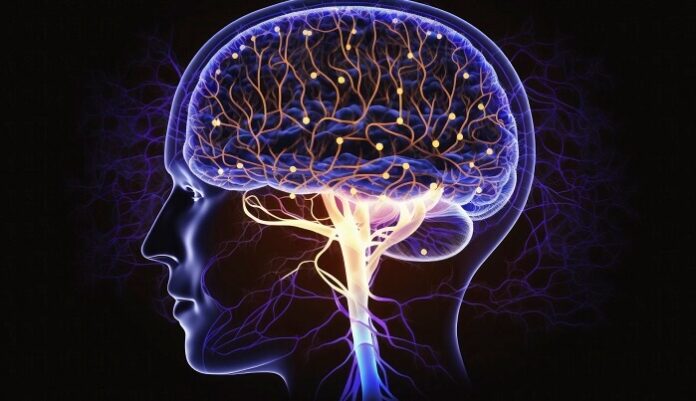Researchers at the Institute of Nano Science and Technology (INST) in Mohali, operating under the Department of Science and Technology (DST), have developed a novel technique to deliver Tuberculosis (TB) medication directly to the brain, bypassing the blood-brain barrier (BBB), a major obstacle in treating brain-related TB.
The breakthrough in drug delivery has the potential to significantly improve treatment outcomes for brain TB, a condition known for its high mortality rate.
Conventional treatments typically rely on large doses of oral anti-TB drugs, but these are often ineffective in reaching sufficient concentrations in the cerebrospinal fluid due to the restrictive nature of the BBB. This challenge highlighted the need for a more direct and efficient method of targeting the brain.
The INST scientists employed nanoparticles made from chitosan, a natural substance, to transport TB drugs directly to the brain via the nasal route, effectively bypassing the BBB. This method, known as nose-to-brain (N2B) drug delivery, leverages the olfactory and trigeminal nerve pathways in the nasal cavity, allowing the drugs to reach the brain with enhanced precision.
Chitosan, known for its mucoadhesive properties, allows the nanoparticles to adhere to the nasal lining, extending the duration of drug release and increasing its therapeutic impact.
As reported by biospectrumindia.com, the innovative approach not only offers a promising treatment for brain TB but could also be applied to other brain conditions such as neurodegenerative diseases (Alzheimer’s, Parkinson’s), brain tumors, and epilepsy, by enabling more effective drug delivery to the brain.
























